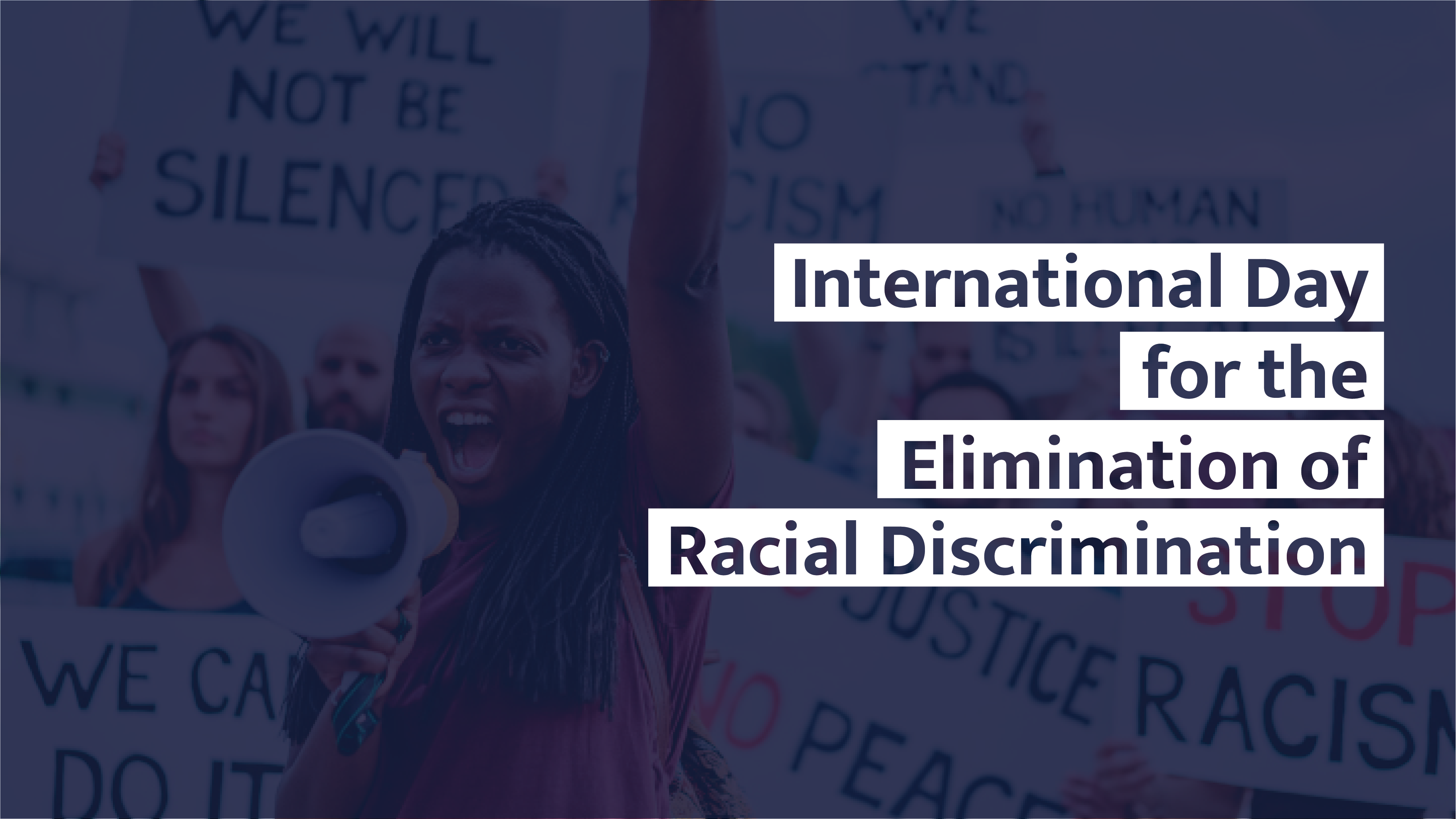CUPE Ontario recognizes and honours March 21 as the International Day for the Elimination of Racial Discrimination (IDERD), which was proclaimed in 1966 as a day of remembrance by the United Nations.
The day has its origins in one of the most brutal episodes of apartheid-era South Africa, the attack on peaceful protestors in Sharpeville on March 21, 1960, when police killed 69 demonstrators and injured many more. The theme for this year’s IDERD focuses on combating racism and racial discrimination, 75 years after the adoption of the Universal Declaration of Human Rights.
This year, we also mark the International Day for the Elimination of Racial Discrimination toward the end of the UN’s decade of International Decade for People of African Descent. Both events are reminders that, although collectively we have made great strides toward the end of the United Nation’s International Decade for People of African Descent. For example:
- Statistically, racialized folks are more likely to be targets of hate crimes.
- Economically, racialized workers are still paid less than their white counterparts.
- Racialized women’s work is greatly undervalued, especially through their unpaid contributions in the care economy.
From a trade union perspective, privatization, wage suppression, restrictions on collective bargaining, bad government policies, and a soaring cost of living are all issues that bear the hallmarks of everyday racism, because their impact on Indigenous, Black and racialized workers is proportionately greater. As a trade union, CUPE Ontario tackles these issues through our bargaining, our political and education work, and our activism, just as we take up the fight against other forms of racism that continue to plague our communities and our workplaces: systemic biases, educational misrepresentation, discriminatory hiring practices, pay inequity, and unconscious biases.
And tragically, we are reminded all too frequently of the deep and systemic racism that results in the senseless murders of racialized people all over the world, in particular at the hands of law enforcement.
To fight back against these and every form of racial discrimination, CUPE Ontario has drawn on the wisdom, experience and generosity of its racialized members and the members of the Racial Justice Committee in the creation of its Anti-Racism Organizational Action Plan. The plan is the linchpin of our work to address racism, remove barriers for Indigenous and racialized workers, and increase representation for these members in our union.
We are proud that the plan has led to Women in leadership development (WILD), a program for indigenous, Black and racialized women, leaders and future leaders who are already part of CUPE Ontario’s continuing efforts to eliminate racism in our union and beyond.
We will continue to urge CUPE Ontario locals to use valuable tools such as CUPE’s truth and reconciliation bargaining guide; and to support and call for more initiatives like aToronto Community Crisis Service pilot, which diverts mental health crisis calls from police and toward trained mental health professionals.
All such efforts will be steps, large and small, towards building a movement of workers, united to eliminate racial discrimination wherever it persists.

